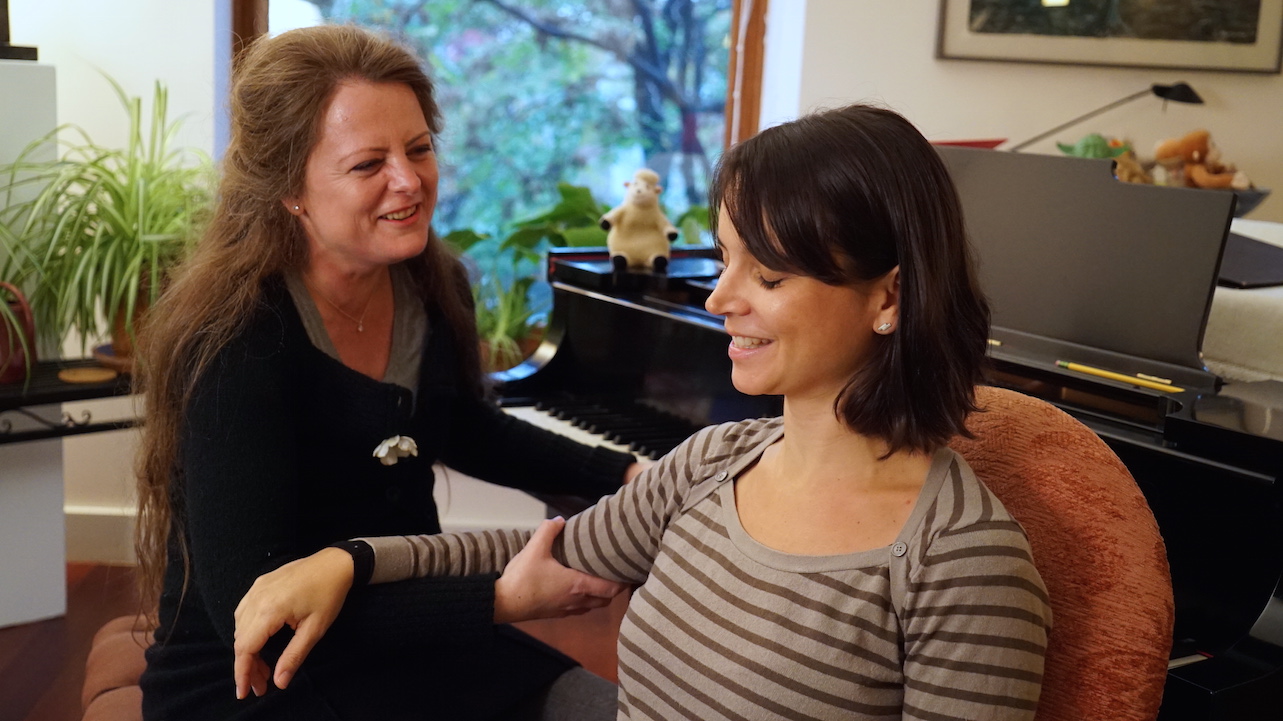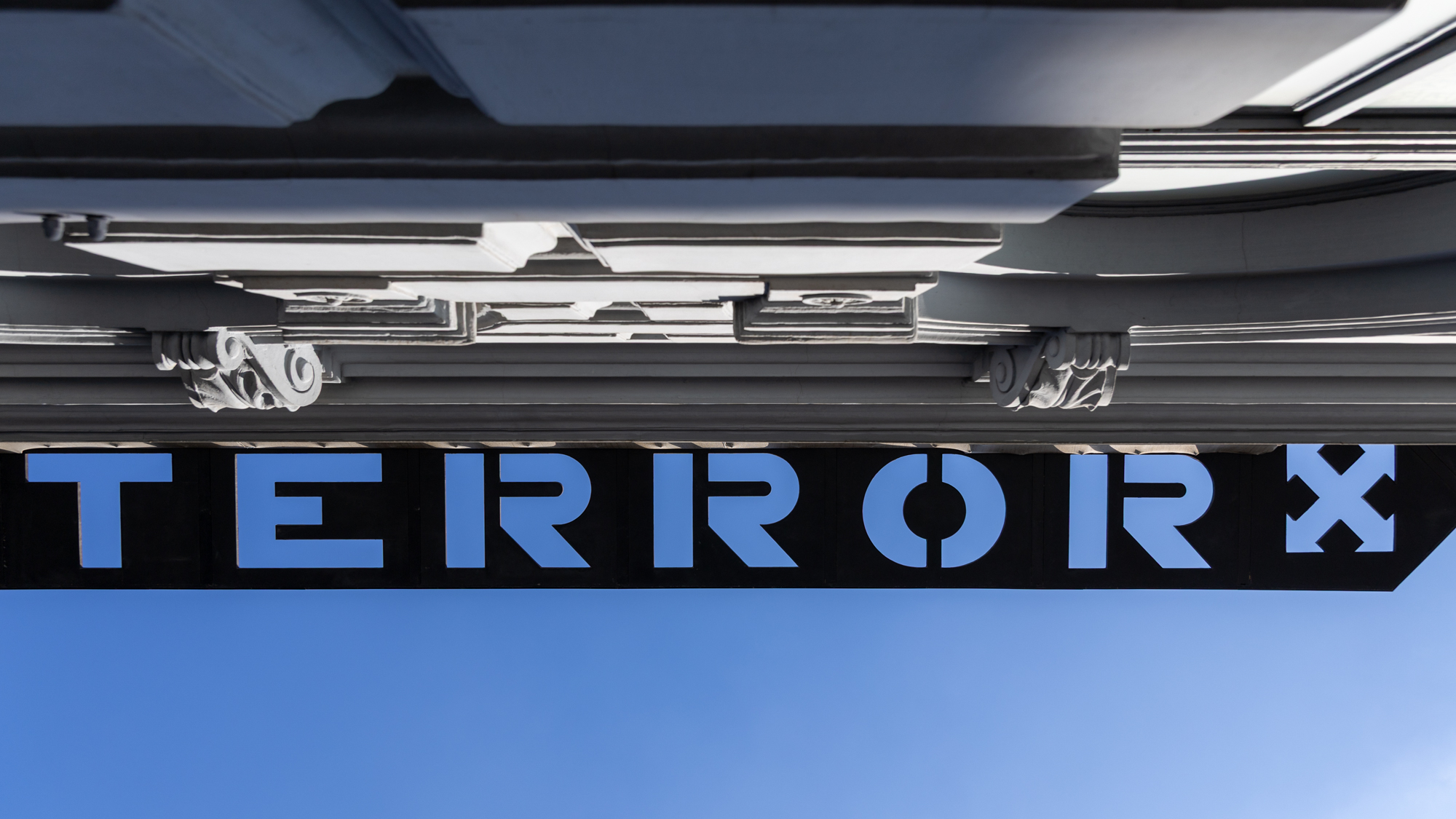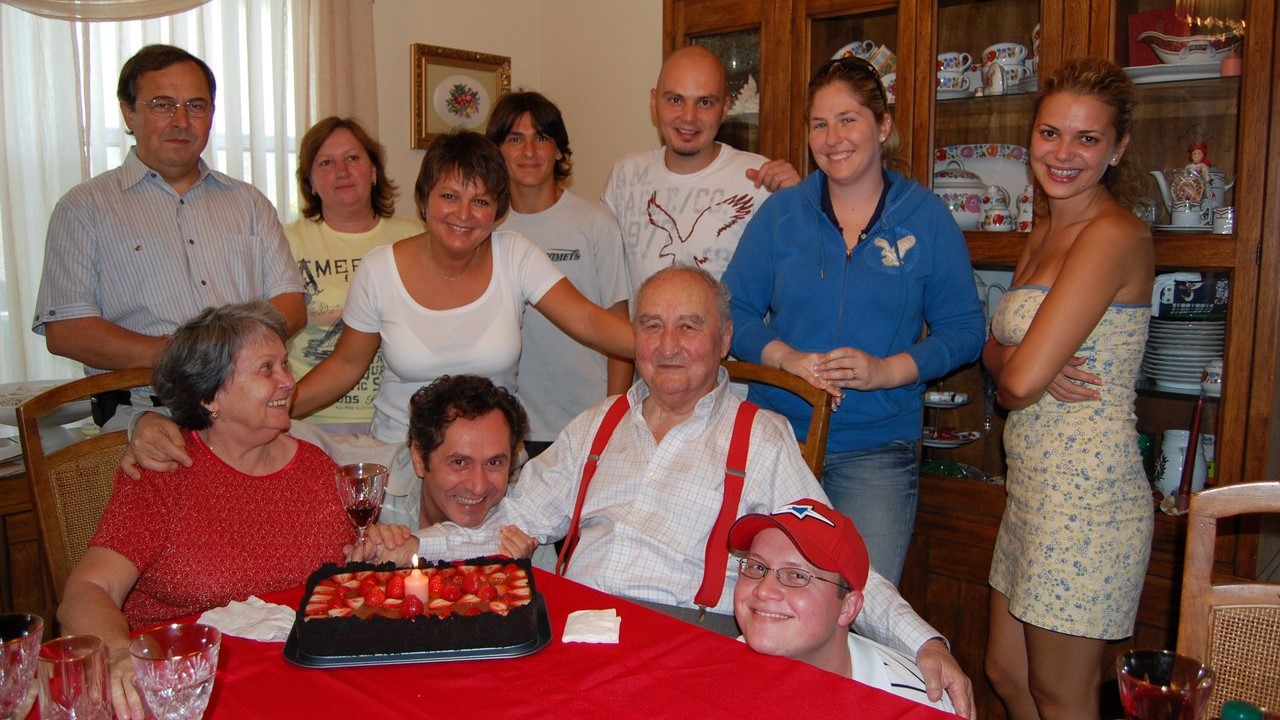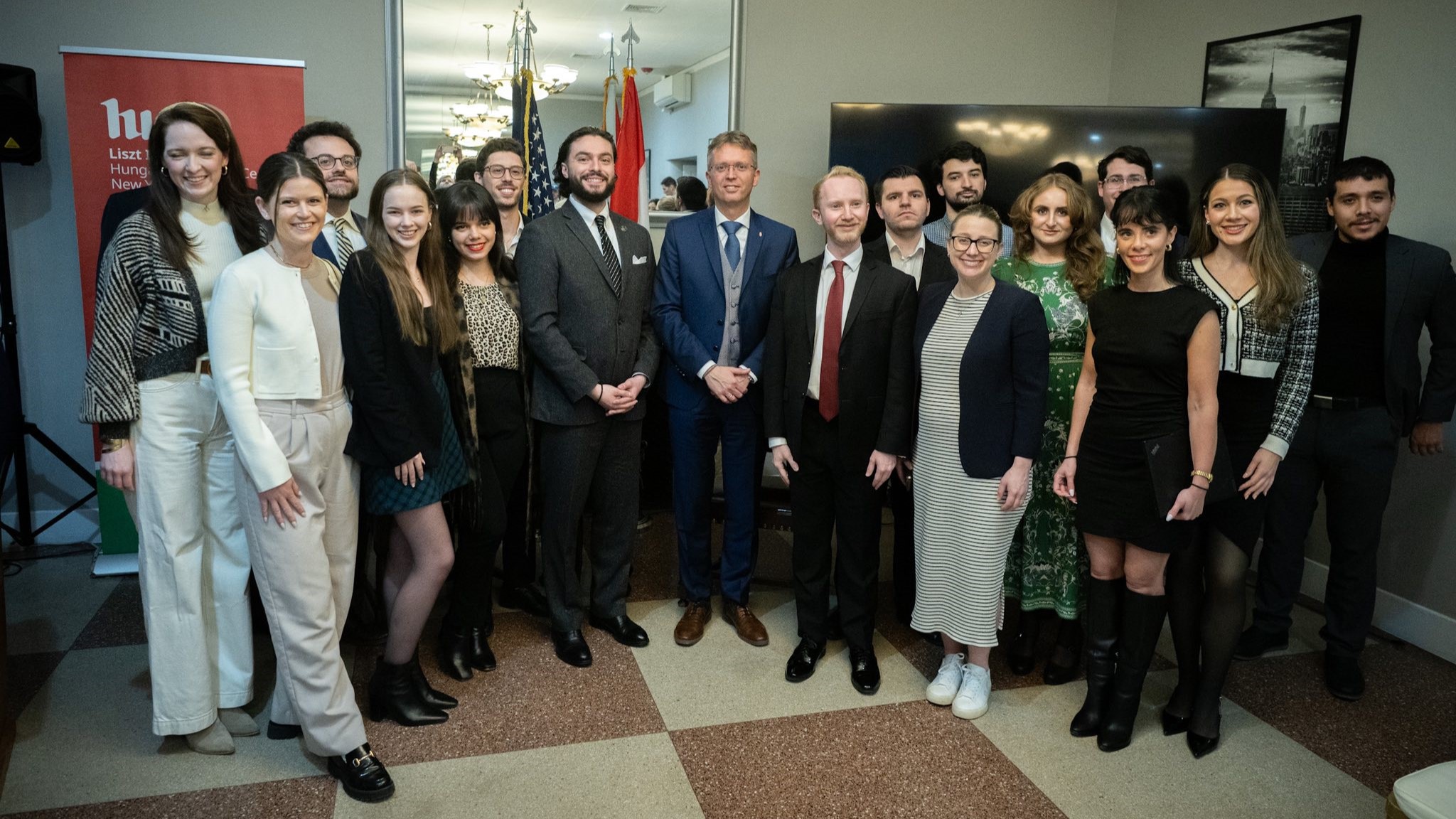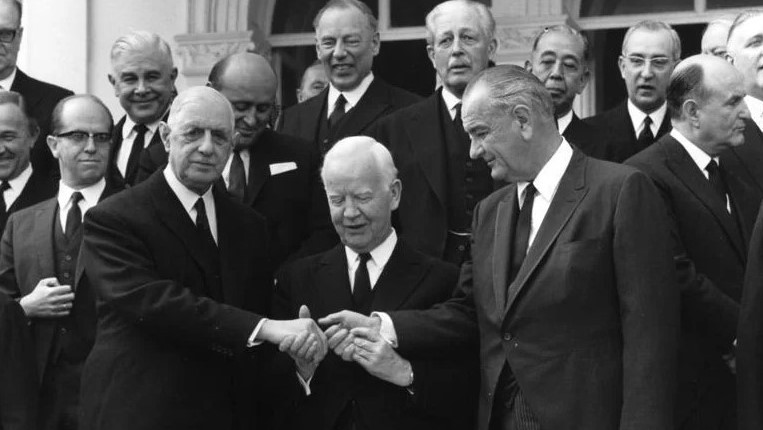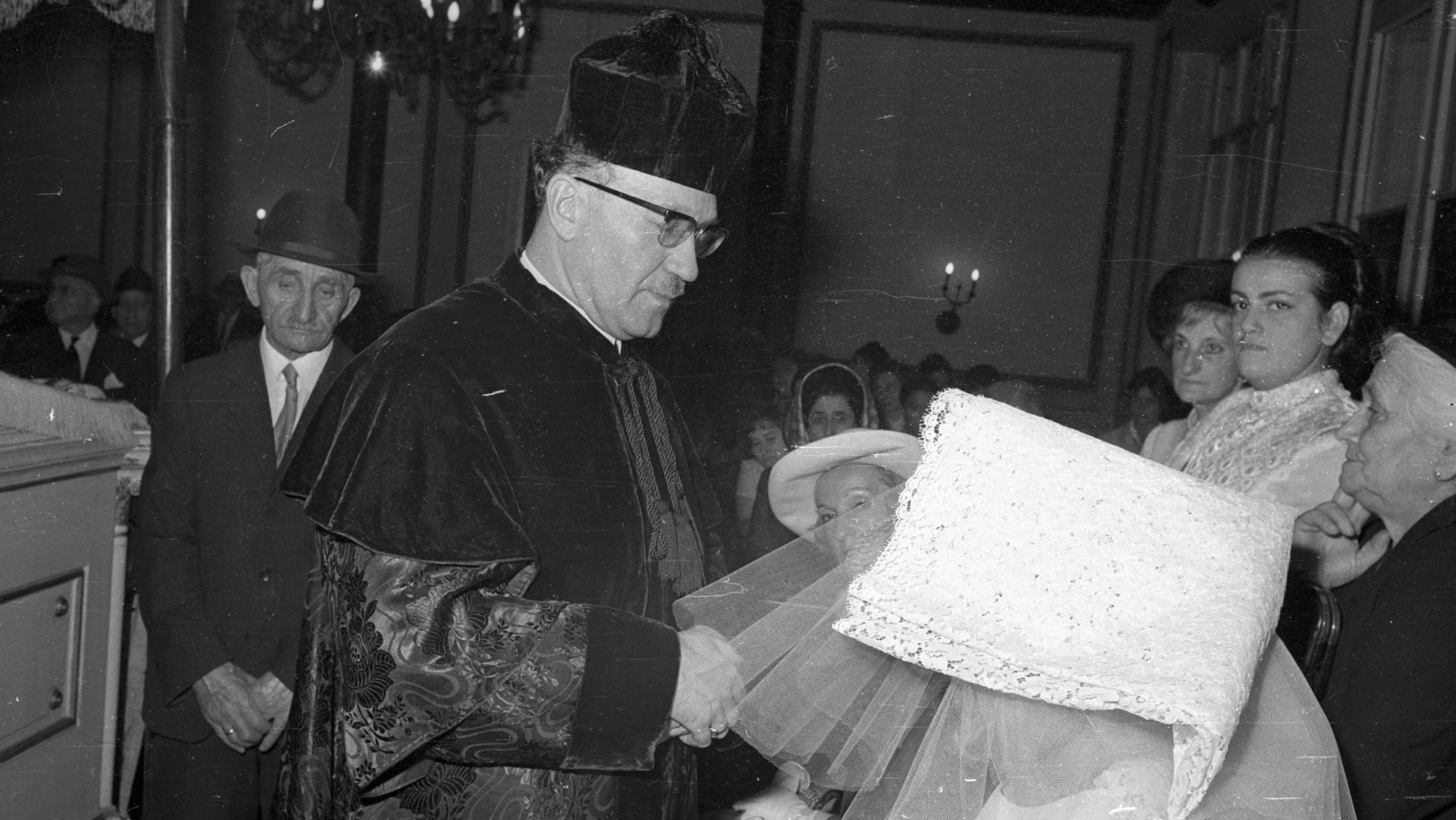
Stories We Live By: In the Footsteps of Hungarian Master Narratives
‘In Hungary, unique master narratives have emerged over the centuries that live with us to this day. We can run into them everywhere in the most diverse segments of life: in culture, in education, even in politics. What exactly does the term master narrative mean and why is it so crucial to our lives and identities? What are the defining Hungarian master narratives?’

